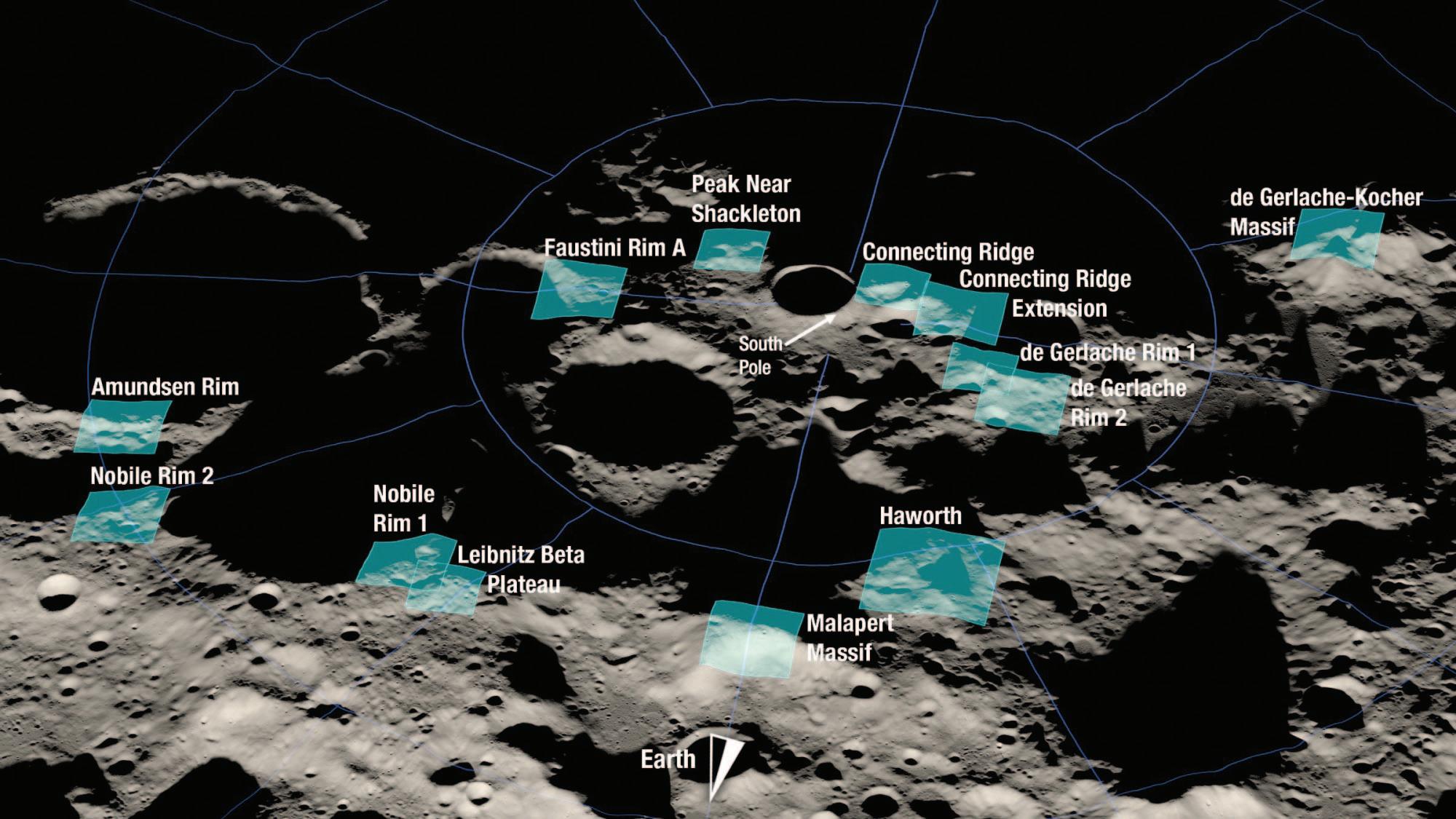
3 minute read
India’s Constitution
India Turns 75

Advertisement
Fast Facts About the Unusual Constitution Guiding the Fast Facts About the Unusual Constitution Guiding the World’s Most Populous Democracy World’s Most Populous Democracy

By Deepa Das Acevedo
India celebrated its 75th birthday as an independent nation on August 15, 2022.
Its independence from British colonial rule followed a complex process, including Partition: the division of India into Muslim-majority Pakistan and Hindu-majority India. Partition displaced tens of millions of people and caused loss of life and property that remains in living memory for many.
India’s future remained unresolved for over two years after Partition. While the country attained its independence on Aug. 15, 1947, it only became a fully sovereign republic with its own head of state on January 26, 1950.
Between those dates, the 299 men and women of India’s Constituent Assembly worked to imagine their emerging country and to inscribe their vision and foundational legal principles in a national constitution. The outcome of their efforts is a remarkable document that remains a source of both inspiration and contention today.
Here are a few things to know about the Indian Constitution.
1: High word count
Perhaps fittingly, the world’s most-populous democracy has the world’s longest national constitution.
At the time it was adopted in 1949, the Indian Constitution contained 395 Articles and had approximately 145,000 words. The only longer written constitution belongs to the state of Alabama, where I currently live and teach law.
By comparison, the U.S. Constitution – generally considered the world’s oldest national charter – originally contained just seven articles and around 4,200 words. The world’s shortest constitution belongs to its second-smallest country, Monaco. It has just around 3,800 words.
2: Early exemplar
When the Indian Constitution was ratified, constitutions were not as common as they are today. India’s was just the world’s 23rd national constitution. In comparison, Pakistan didn’t ratify its constitution until 1956.
Consequently, ratification was itself a major achievement. In societies like India with many deep cultural, religious and socioeconomic divides, the process of drafting and ratifying a shared founding document can serve a valuable symbolic function.
Some countries, faced with the challenges of drafting a constitution for a deeply heterogeneous population, never agree on a single, unifying document. Israel is one example.
3: Crowdsourced inspiration
Because constitutions were still relatively rare in the 1940s, India’s Constituent Assembly’s Drafting Committee sought inspiration wherever it could.


Insurance Shopping
Sonal Patel (Independent Agent)
CERTIFIED SPECIALIST FOR INSURANCE BENEFITS
ENROLL IN HEALTH INSURANCE TODAY
WE CAN HELP WITH ENROLLMENT IN MARKETPLACE AND MEDICARE PLANS Licensed in NC, SC GA & NJ

AUTO
COMMERCIAL
HEALTH & LIFE HOME
For the best coverage for all your insurance needs, call Sonal!
New to Medicare or Looking for answers? Please call Sonal for Educational Meeting or Appointments.
704-733-8216
Timetorise1213@gmail.com
Sonal.Insuranceshopping@gmail.com Medicare Advantage, Prescription Drug and Medicare Supplement Plans, Health Insurance, Travel & Short Term Health Insurance,
Life, Property & Casualty, or Commercial Insurance REPRESENTING MOST MAJOR CARRIERS
in Clyde, NC (near Asheville) Next to Sri Somesvara Temple

2 Balconies, Skylight & Views! Stapatyaved, 6 rooms, 3 baths & parking. Call Maura Shea: 443-614-4644
or Email: maura.shea@yahoo.com












